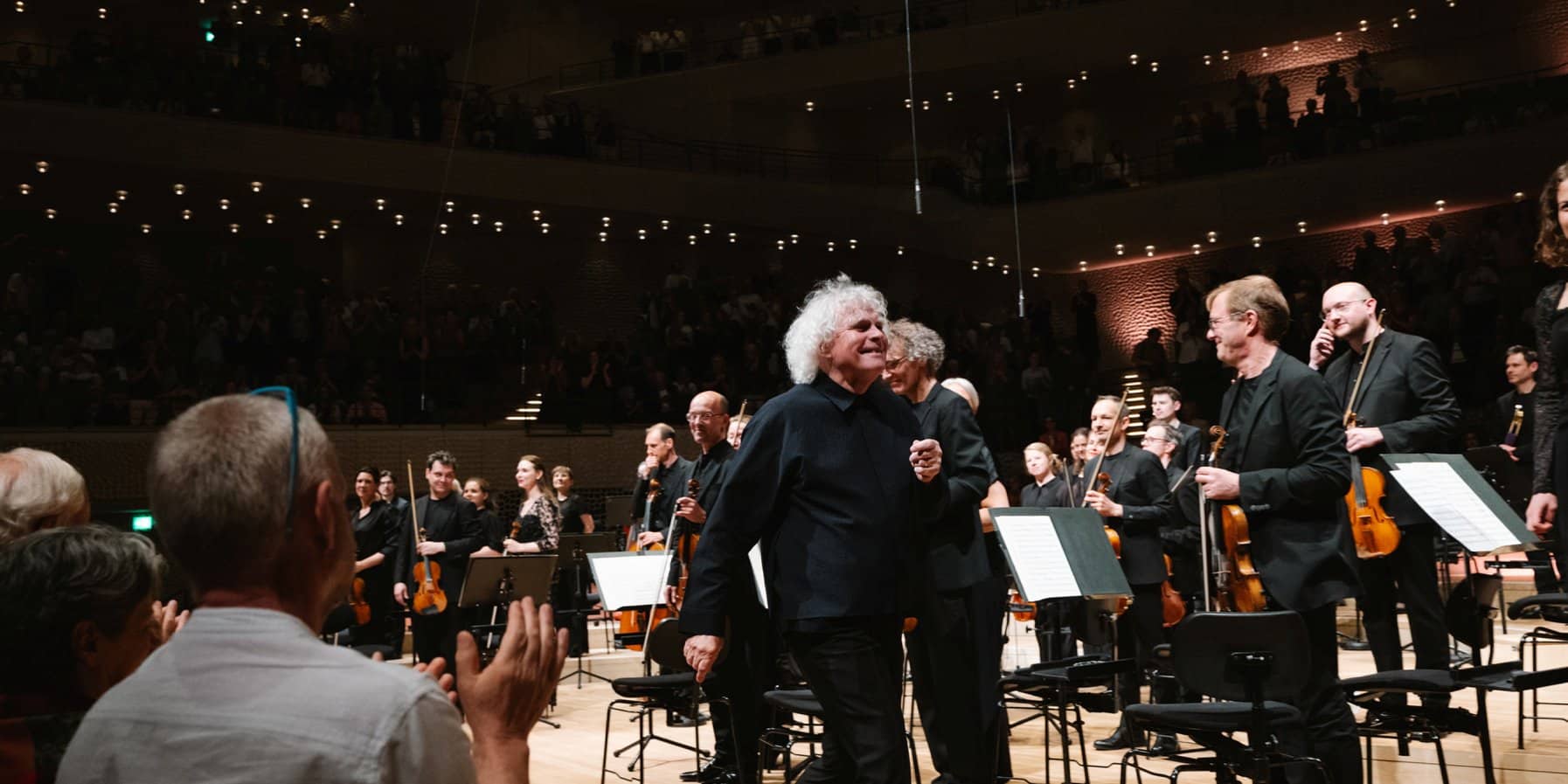Curtis grads to offer a year of community service
mainA new scheme at the venerable Philadelphia conservatory incentivises students to offer a year’s payback to the city and its communities in return for the free education and benefits they have enjoyed.
It’s a terrific idea. Juilliard next? (We’re not holding our breath.)






Nobody pays to go to Curtis, but Juilliard isn’t a tuition-free school.
“It’s a terrific idea. Juilliard next? (We’re not holding our breath.)”
Considering that Juilliard requires its students to pay for their education and yearly cost frequently exceed $50 000, the former students shouldn’t be the ones to give back.
Any program that encourages artist-graduates to give back to their school or to the community-at-large is worthwhile. At most US post-secondary schools, even full-tuition payment covers only about 50% of the actual costs of educating a student. The rest comes from endowment, annual gifts, and a very small amount of government support (local, state, and federal).
“There is no such thing as a free lunch.”
At Curtis, even with a full-tuition scholarship for every student admitted (total enrollment about 165), students must cover living expenses, annual comprehensive fees, health insurance, etc. Financial assistance is available based on need in addition to the scholarship but the concept that Curtis is “free” is misleading. That said, giving back is a noble concept.
At Juilliard, even though the total annual cost can exceed $50K per year including housing, etc., many students (among c.700 total) receive full-tuition, merit-based scholarships (early music, conducting, and doctoral programs for example). Juilliard also gives substantial help to students in all programs based on need. I believe they spend about $40M (that’s million) annually in student aid for merit scholarships and need-based grants. That said, giving back is a noble concept.
Many students graduate from the best conservatories with a “the world owes me a living” attitude and feel that charitable giving and good works are for others to handle. Any effort to change that mind-set is laudable and…a noble concept.
In almost all European countries, there is no tuition (or only a nominal sum) to attend a university or conservatory. And in almost all European countries, private universities and conservatories are illegal, since they are seen as creating unhealthy social class dichotomies.
A 2002 Mayor’s report notes that Philadelphia had 14,000 abandoned buildings in a dangerous state of collapse, 31,000 trash-strewn vacant lots, 60,000 abandoned autos, and had lost 75,000 citizens in recent years. Its public schools suffer similar problems.
It’s good to see this small program to raising social consciousness in the United States — even if it must be viewed with a certain skepticism. Julliard had a similar program a few years ago. I’m not sure its still in existence.
Here is a site about Julliard’s program where students essentially have internships to work with the city’s public schools giving concerts and assisting with teaching. The program at Curtis will likely take similar forms.
I forgot to include the url for the Julliard program:
http://www.juilliard.edu/about/newsroom/press-kit/educational-outreach-programs?destination=node/13293